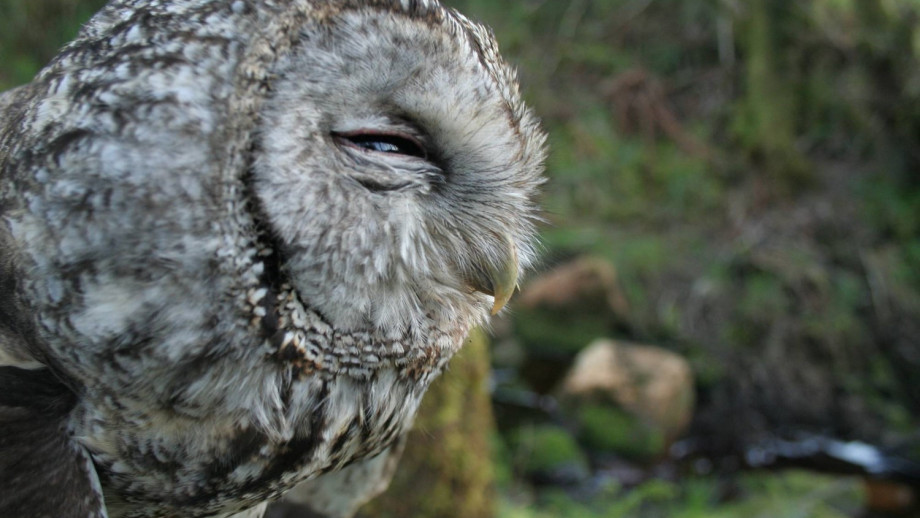Are our wild animals growing old gracefully?

For most of us, the body's deterioration is an unavoidable part of getting older. This age-related decline, known as "senescence", can occur subtly and slowly for some individuals, while for others it happens much faster. A researcher from The Australian National University is trying to find out why.
Eve Cooper, a PhD student with the Research School of Biology at ANU, along with her advisor and co-author Professor Loeske Kruuk, gathered research on 14 different animal species to investigate the impact of early-life environment on the ageing process.
Bird species such as swallows, storks and kestrels were included in the study, along with deer, sheep, mountain goats, squirrels and even the banded mongoose.
"These wild systems provide this really unique opportunity for us to study the evolution of ageing as it occurs in the wild, unaffected by human society or modern medicine," Ms Cooper said.
"We investigated the effect in two different types of senescence: reproductive senescence, measured as declines in reproductive output in late life, and survival senescence, measured as the decline in survival probability in late life."
They found "developmental environment", or the conditions experienced during the first stage of life, had no perceptible impact on survival senescence, but did affect reproductive senescence.
Individuals that experienced better developmental environments had slower rates of reproductive decline later in life. This finding indicates that a good early-life environment may act as a proverbial "silver-spoon", giving animals a leg-up all the way through life.
According to Ms Cooper, one possible explanation for the lack of perceptible effect on survival senescence is that animals born in a poor environment experience high mortality rates early on, so the sample of individuals that make it to old age are generally better equipped to survive tough conditions.
Until recently, it was assumed the mortality risk in the wild was so high most animals didn't live long enough to experience senescence.
"Because we now have a better basis of data on wild animals and what happens to them from birth to death, it's been realised that senescence is quite common in wild populations." Ms Cooper said.
This new research also shows just how complex the ageing process is.
"What we've also learnt from these long-term animal studies is that there's a lot of variation between individuals, so two animals living in the same population can have dramatically difference rates of senescence. The big question is why that occurs and what kind of mechanisms are driving it."
While there's been plenty of interest from researchers in recent decades in the human ageing process, and how to slow it, Ms Cooper believes looking at it from a new angle could be the key.
"Taking a step back and really understanding senescence and ageing from an evolutionary framework I think is also really important. Understanding the evolution of ageing in the natural world can actually have pretty broad implications to our understanding of ageing in humans."
You can read the article by Eve Cooper and Loeske Kruuk in Evolution Letters here.
